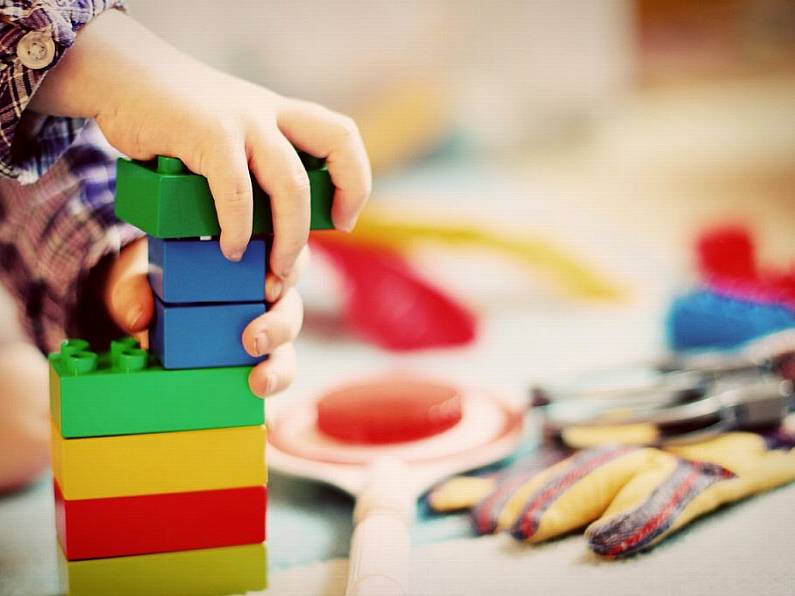A study on attitudes to mental health shows 61% of adults still believe mental health difficulties are seen as a personal failure.
Over a quarter of people wouldn't tell anyone if they were experiencing suicidal thoughts and 3-in-5 wouldn't tell a partner if they were on anti-depressants.
CEO Paul Gill says they're calling on the Government to roll out a national anti-stigma programme and comprehensive counselling services for children and young people:
Across the globe, 800,000 people die by suicide each year – that’s one every 40 seconds.
It’s the leading cause of death among young people aged 20-34 years in the UK and it’s considerably higher in men, with around three times as many men taking their own lives compared to women.
In the South East, Angela Hayes from Teach Tom in Kilkenny has this advice for someone who is feeling suicidal:
The Thomas Hayes Trust fund is an initiative started by the Hayes family to support individuals and their families affected by suicide, or contemplating suicide.
For more information on the services provided by Teach Tom, visit http://www.thethomashayestrust.com/
What you can do?
Check in with a friend, colleague or family member if you think may be struggling. If you’re not sure how best to help someone, Samaritans have released some helpful listening tips:
Show you care
Focus on the other person, make eye contact, put away your phone.
Have patience
It may take time and several attempts before a person is ready to open up.
Use open questions
Use open questions that need more than a yes/no answer, and follow up with things like, “Tell me more”.
Say it back
Check you’ve understood, but don’t interrupt or offer a solution.
Have courage
Don’t be put off by a negative response and, most importantly, don’t feel you have to fill a silence.
Samaritans stress that when people feel listened to, it can make all the difference.
You can also help to spread awareness by joining in the conversation on Twitter, using the hashtag #WorldSuicideAwarenessDay.






